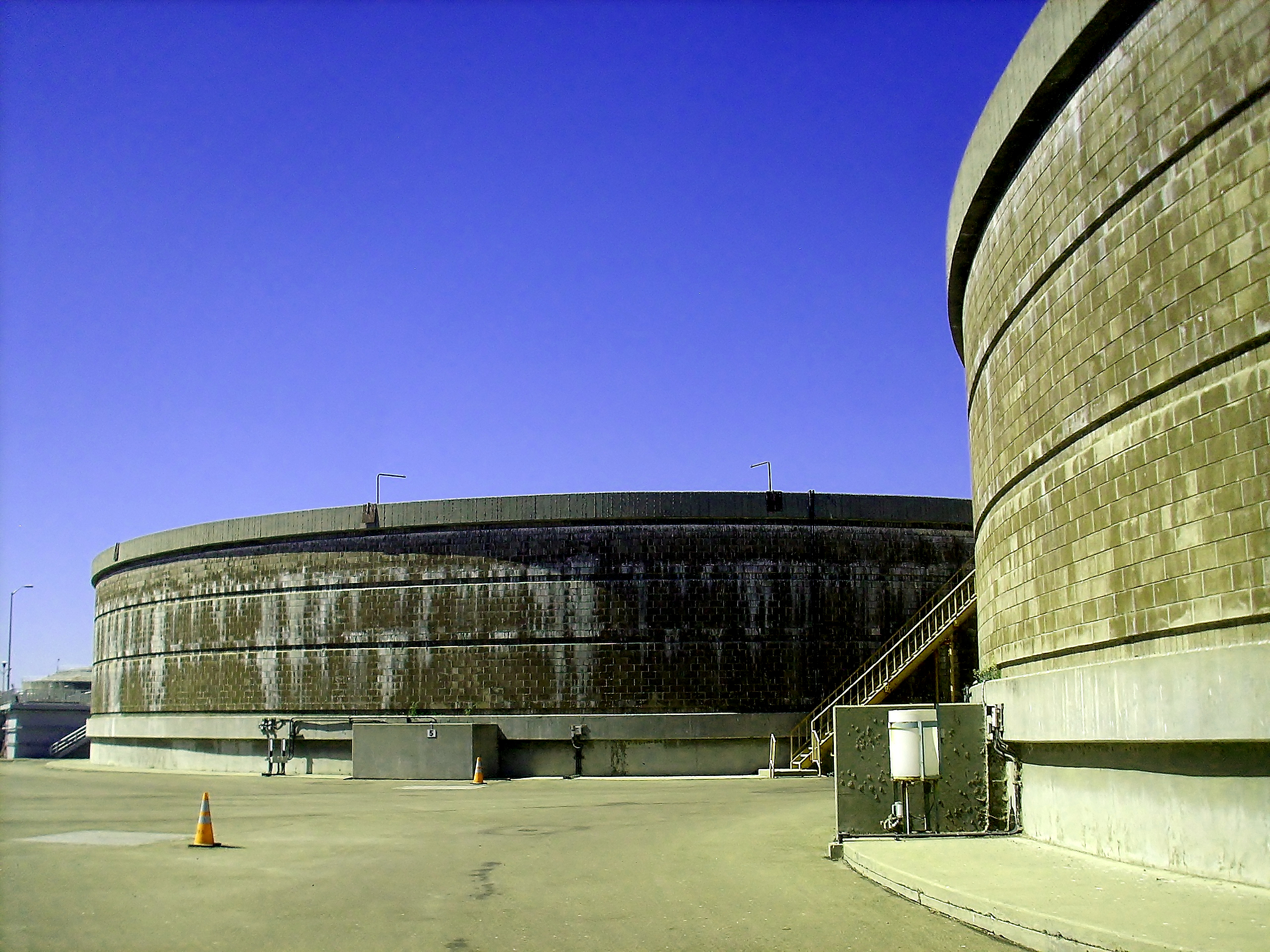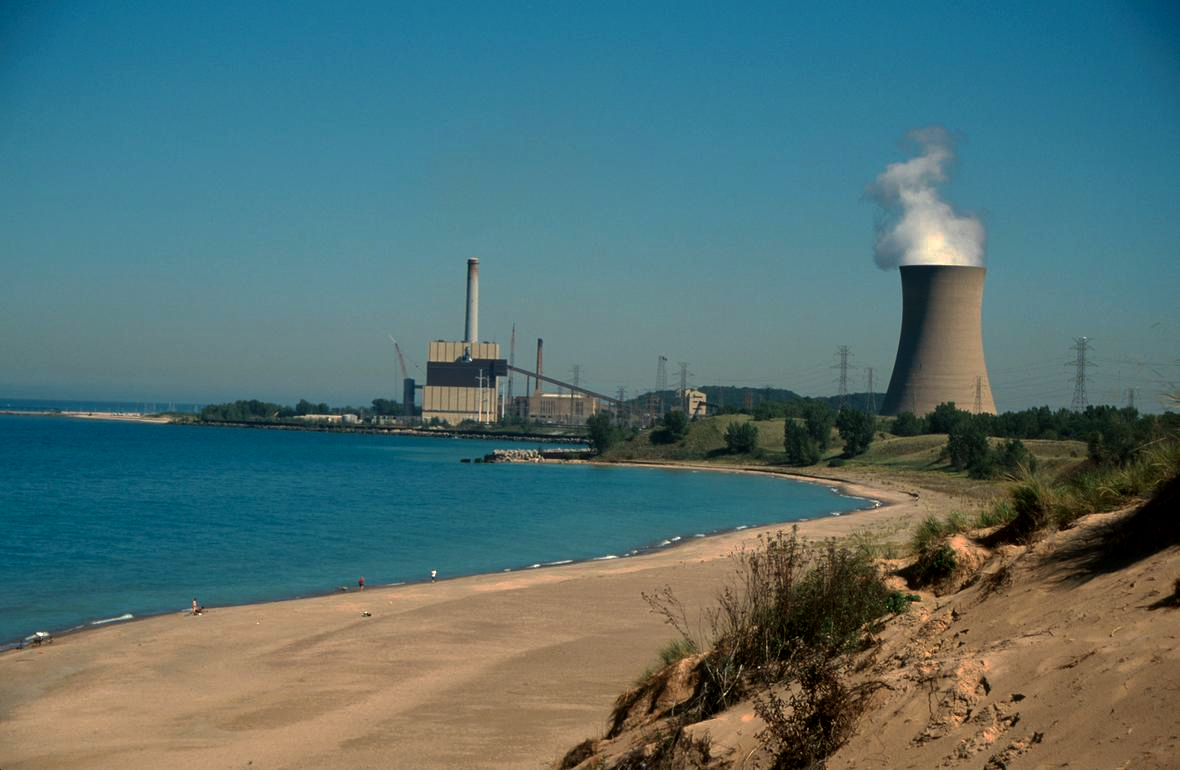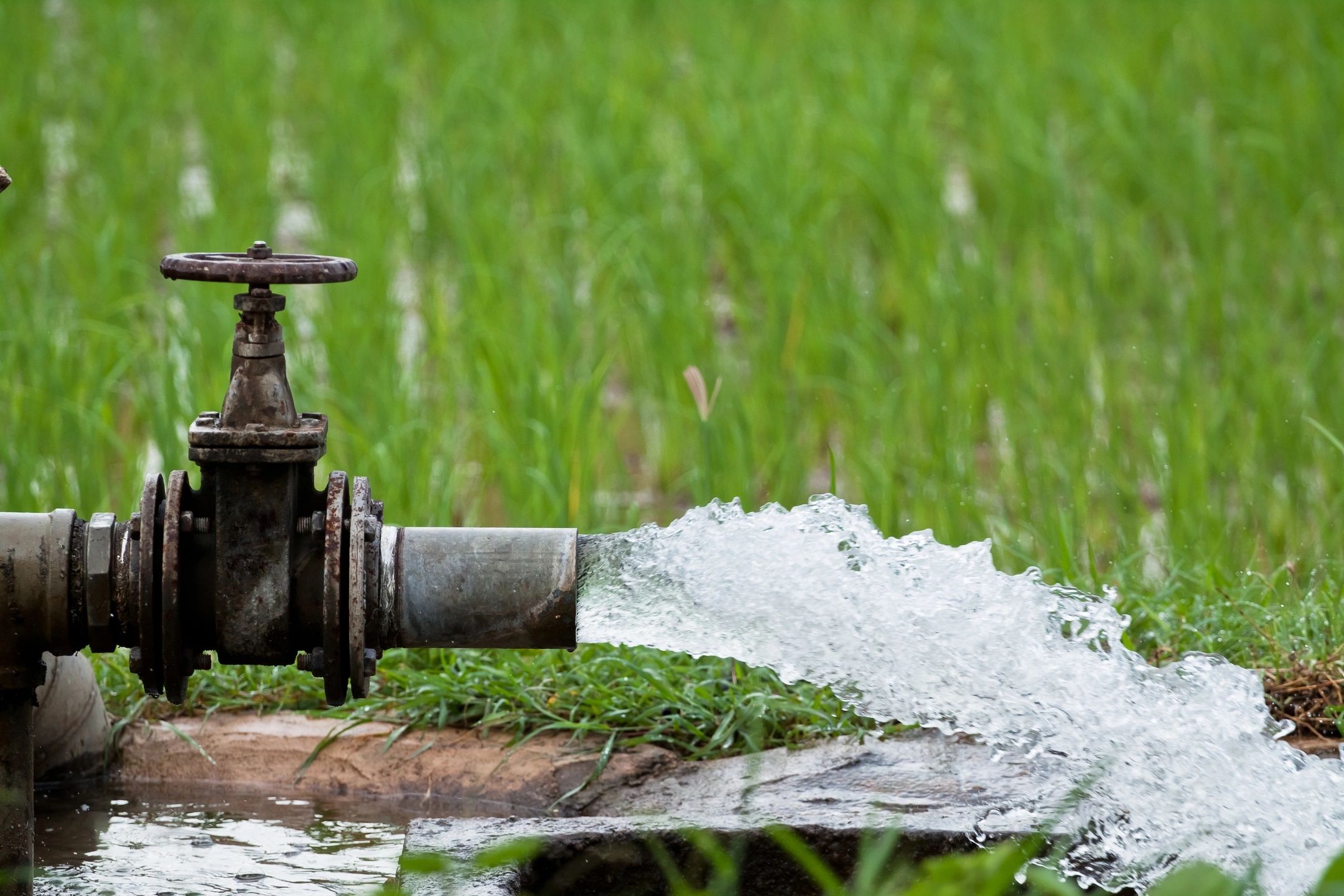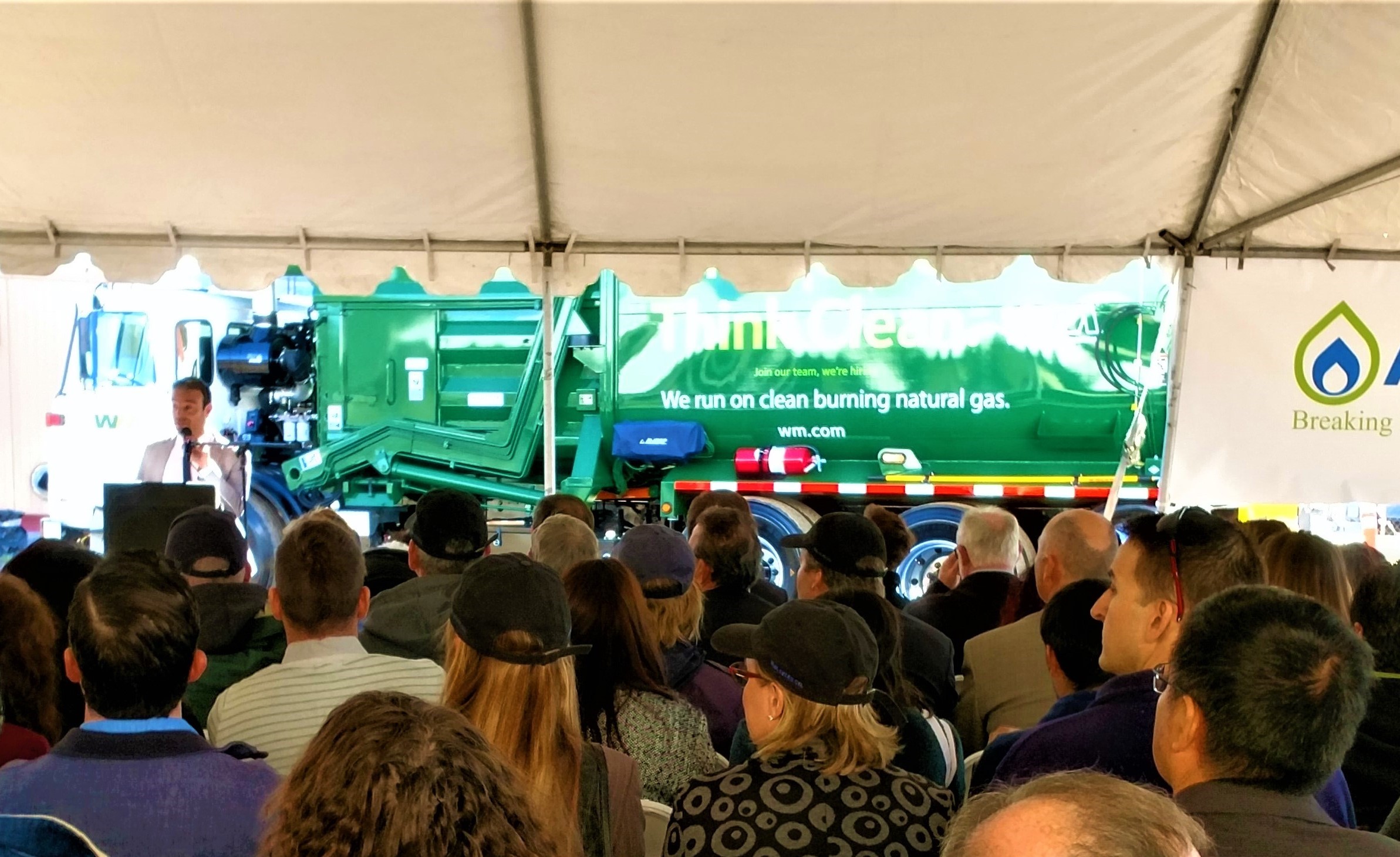Strategic Roadmapping to Develop a New Industry
Water Energy Nexus
Producing energy consumes water, while consuming water indirectly consumes energy. Much general knowledge is available in this market space, but the industry still struggles with identifying projects and products that effectively target the energy water nexus. Dr. Eckard completed an extensive market evaluation and opportunities assessment for the Midwest Energy Research Consortium (M-WERC). Through an extensive roadmapping process, he identified over two dozen readily penetrable niche and mass markets to leverage the energy-water nexus and spearhead new development. His findings are being exploited in the US Midwest and nationally, helping to revitalize tech development and innovation across the US Rust Belt.
Bioenergy Opportunities
Life Cycle Emissions from Biomass Power Production
Power production from biomass continues to draw interest, particularly in Europe. Here, bioenergy production can qualify for various green energy incentives and investments, provided that life cycle emissions meet European and/or national level standards. Notable controversy surrounds bioenergy production, however, particularly where forest based biomass is used as a primary fuel source. Several recent studies have drawn stark comparisons of biomass to coal power production, generating much controversy. Navigating this environment can be difficult and confusing, with the potential to incite more controversy. We deployed a carefully reasoned assessment, leveraging feasible and reasonable mitigations plus clear and transparent carbon accounting methods. Results of the analysis provided our client with tools needed to hone its business model and evaluate next steps for facility development.
New Take on a Mature Industry
Efficient Pipe Procurement Drives New Legislation
Pipelines used for potable water, stormwater, and wastewater conveyance are fabricated from various materials--ductile iron, plastics, reinforced concrete pipe, and others. Some US municipalities follow a restricted approach to pipe procurement: they employ blanket restrictions on certain pipe materials. Other municipalities support open competition practices and will consider several materials based on what is best for a specific project and on cost.
Seeking to understand the fiscal effects on these two procurement methods, Dr. Eckard, in support of the American Chemistry Council (ACC), completed an in-depth evaluation of pipe procurement for three dozen communities in select states across the US. Results show that open competition can save municipalities (and taxpayers) up to 50% on pipe costs, potentially saving millions of dollars per year simply by changing their procurement process. With support from Dr. Eckard, ACC is now leveraging the findings of these studies to help guide more cost effective and competition-friendly policies. Results of this effort have reached the Associated Press and over two dozen newspapers nationwide.
Exceptional Fund Development
Over $220 Million in Funding Leveraged
During the last five years alone, Dr. Eckard has successfully acquired for key cleantech players over $125 million in federal and state funding, while leveraging more than $95 million in private and equity funds. Through direct consulting and in collaboration with The Grant Farm, Dr. Eckard's efforts have helped to greatly speed cleantech commercialization, verify innovative technologies, and develop new and effective paths to market.




